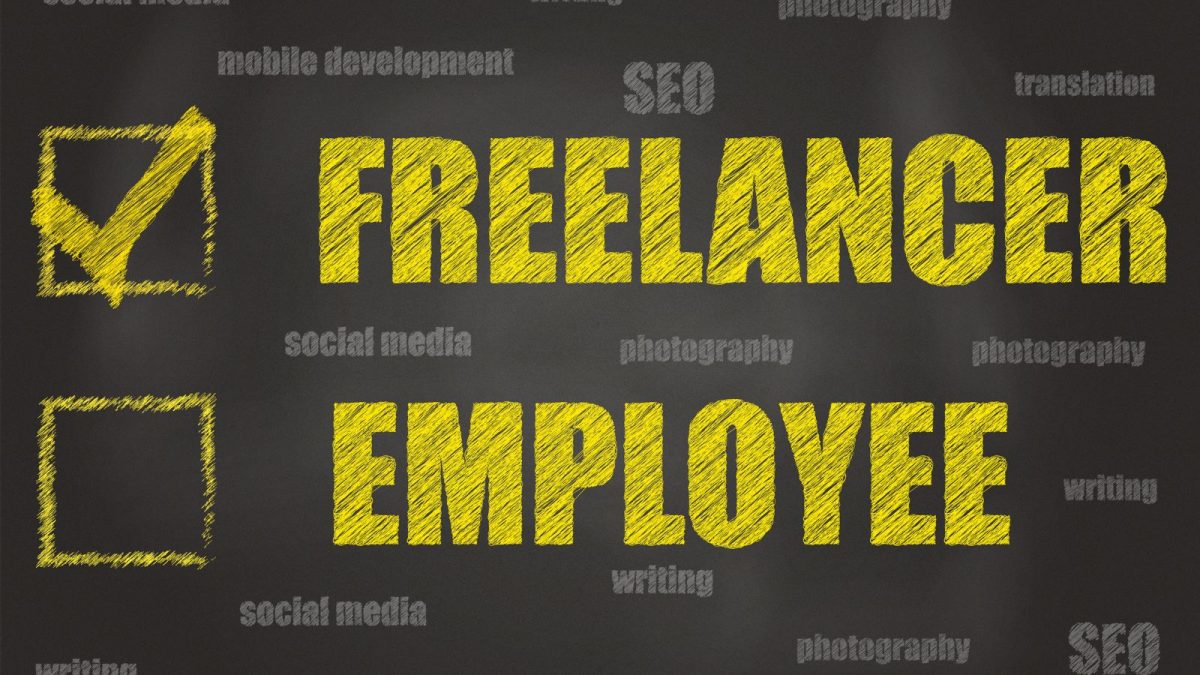Are you dreaming of being your own boss, making your own schedule and choosing your own clients? Are you thinking of switching from employee to freelancer but are scared of making the leap? We’re here to help with a list of pros and cons so you can make an informed decision.
Advantages of freelancing in Israel
Being your own boss is a very attractive proposition. You don’t have to answer to an employer and can decide when you want to work and who you want to work for. It’s easy to take time off for a doctor’s appointment or for an errand you can’t do in the evening. You can work the hours that you’re most productive, whether you do your best work in the morning or are a total night owl. And you can create a schedule that works around your family life with maximum flexibility.
You get to choose your clients and if you’re not happy with a business arrangement, you are free to end it, whether the client is difficult or the project is not to your liking. This will lead to greater job satisfaction and more pleasant business interactions.
Some professions lend themselves particularly well to freelancing, since companies or individuals tend to need these services sporadically or as a minor part of their budget and don’t need to hire someone in-house. Translation, marketing, website development, financial services and law are just some examples of service-based businesses that succeed in Israel.
Disadvantages of freelancing in Israel
Lack of stability is a big disadvantage of freelancing. Your salary will probably be different every month and wars, economic downturns and pandemics can greatly affect a freelance business. If you want to get the same exact salary every single month, freelancing is probably not for you.
Billing is another challenge of freelancing. You need to send invoices to clients, check that they have paid, run after them if they haven’t and issue receipts once payment is received. You also have to figure out how to price your services, negotiate with clients and justify your pricing.
Being your own boss often means that you lose the division between work and home and end up working many more hours than you did as an employee. Demanding clients and work that builds up may have you working into the wee hours of the night, when you’d much rather be spending time with your family or just chilling.
Freelancing also means that you have no intermediary between you and the client, who would have your back and smooth things over. Yes, you can stop working with a difficult client, but you might have to finish the current project and end things on a positive note to preserve your reputation in the industry. That’s not always an easy thing to do!
As an employee in Israel, taxes and additional payments are deducted automatically from your salary and there is no need to report your income to the government independently. As a freelancer, you are obligated to report your income and pay taxes, Bituach Leumi and VAT (if applicable) directly to the government. This means that you need to keep meticulous records of your bills and your expenses. It is recommended to use the services of an accountant or tax advisor for reporting, so this is an extra expense that you need to take into consideration. If you are an Osek Murshe this will be more expensive than if you are an Osek Patur.
If you are an American citizen, you will also be charged 15% of your income to US Social Security as a self-employed person.
So, is it worth it?
There’s really no right answer. You have to consider whether the freelance lifestyle is right for you and whether you can handle the financial risks of running your own business. Some people prefer to start small, by freelancing on the side while still employed. This can be challenging, especially if you’re working full-time, but it’s a good way to test the waters and see if the clients are out there and whether you enjoy working for yourself. You can also take advantage of an unplanned period of unemployment to experiment with self-employment.
It can take from three months up to a year or even longer to build up a steady stream of clientele, acquire a reputation and bring in substantial income, so don’t give up before you’ve really given it a try.
Want to know how to set yourself up as a freelancer in Israel? Osek Patur – Guidance for Your New Business has all the details.
